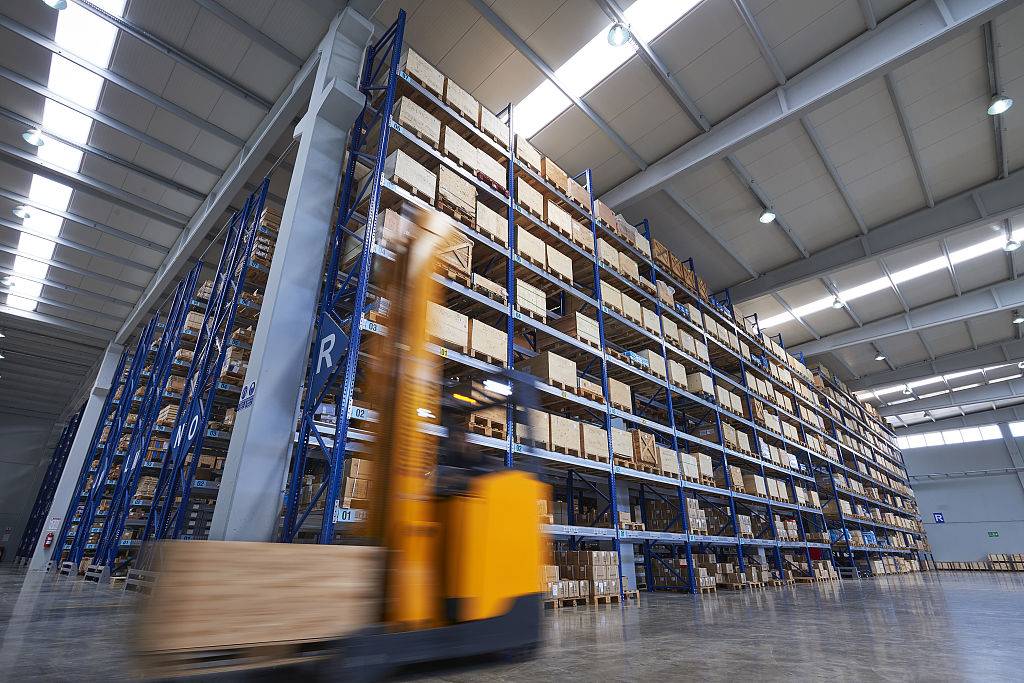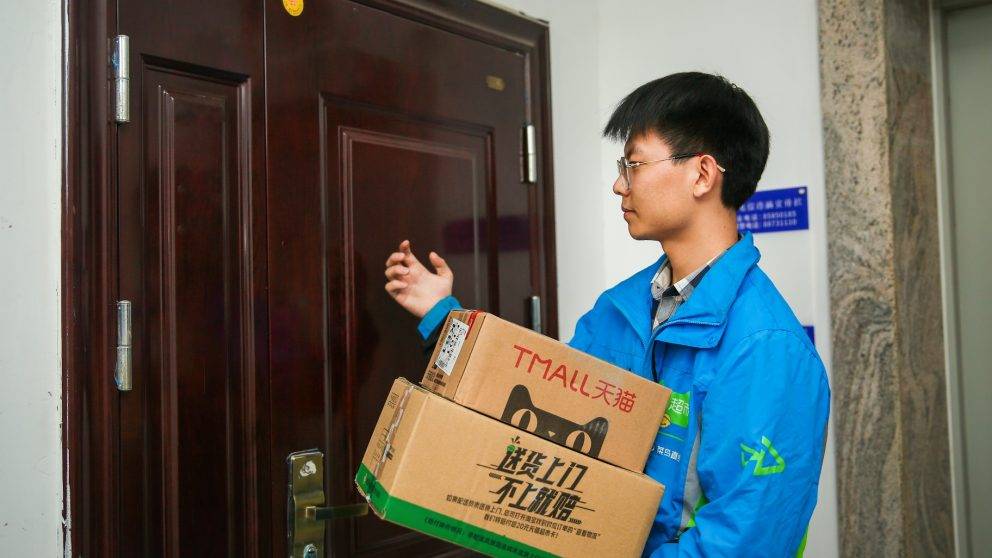
Cainiao expedited delivery to consumers' doorsteps. Photo Credit: Alibaba Group
Alibaba Group’s logistics arm Cainiao Network continued to put merchants and consumers first this 11.11 Global Shopping Festival.
The platform teamed up with Alibaba’s marketplaces to power the world’s largest retail event, from preparing sufficient stock and warehouse space to solving last-mile delivery hurdles.
Cainiao is delivering more than 200 million packages to consumers’ doorsteps for this 11.11, with over 120 million already delivered and 80 million on their way.
“It’s all about speed and service for retailers and customers. We went to great lengths to ensure the speed and quality of our services,” Li Wuchang, who leads Cainiao’s 11.11 operations, explained in Mandarin in the run-up to the festival.
For orders generated in the first sales window of 11.11, Cainiao shortened the time between payment and fulfillment by over 3 hours compared with last year. The period between product dispatch by sellers and delivery completion also narrowed by almost five hours.
To be sure, supply chains remain under strain, and in China, retailers faced complex, changeable pandemic-related restrictions that complicated final-mile logistics and dragged down daily deliveries.
Domestic logistics companies handled a daily average of 389 million parcels during this 11.11, compared with roughly 425 million per day over last year’s shopping festival, per China’s Ministry of Transportation data.
Cainiao met these challenges head-on.
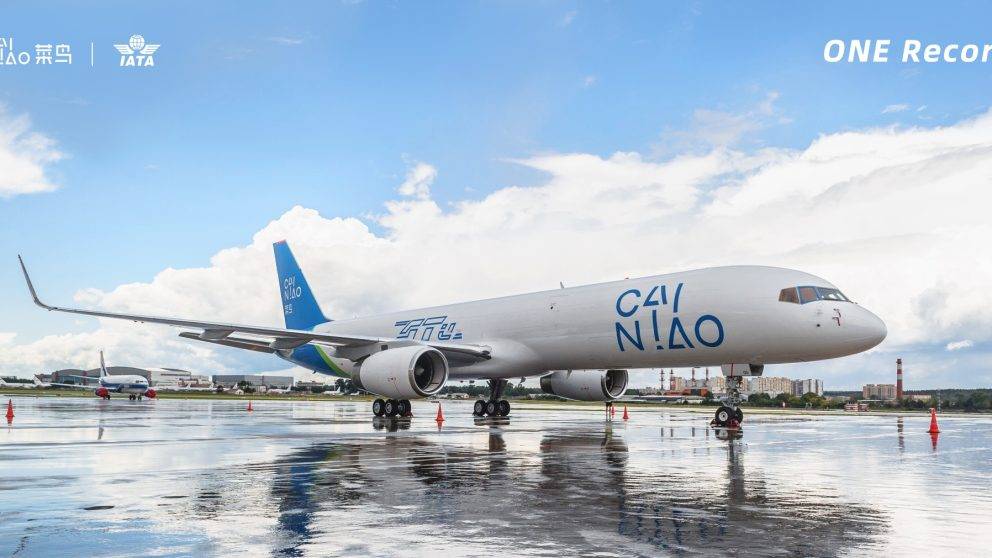


“We expanded our investment in technology installations, and the savings from increased efficiency were used to facilitate more doorstep deliveries for consumers,” said Li.
The platform even managed to reduce international delivery times in many cases. Its expedited delivery services fulfilled 80% of the orders customers placed with close to 40,000 international brands on Alibaba’s cross-border B2C marketplace Tmall Global this year.
Early Birds
The secret to Cainiao’s 11.11 logistical efficiency is early planning, with a large dollop of algorithmic assistance.
The platform prepared for the shopping festival by analyzing shopping patterns and other inputs with machine learning to identify popular goods and ensure sufficient stock.
Many brands followed suit.
“In August, June, and July, everyone had already been planning out their volumes, expectations, and demands in detail. And that has been especially true for imported products,” said James Yang, partner at consultancy Bain & Co, in a recent Alicast episode.
Over 80% of the orders Cainiao handles this 11.11 were pre-grouped, pre-packed, and pre-dispatched to local warehouses ahead of both pre-sale windows to improve delivery speed and lower costs, according to Li.
To ensure efficient end-product delivery, careful and early planning of the end-to-end supply chain is necessary.
“We work with Tmall Global to make predictions on the volume expectations and lock our production plan for the Chinese market four months in advance,” said Lu Ying, who oversees the Chinese e-commerce operations of New Zealand infant formula brand a2.
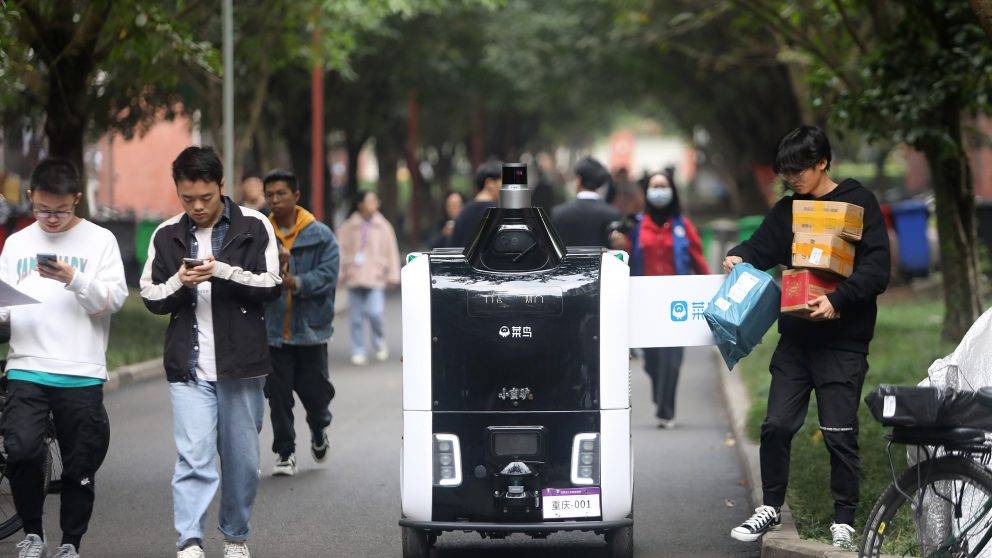


Last-mile Solutions
Cainiao deployed an army of robots to cover last-mile leg work on some 400 university campuses in China during 11.11.
The 700-strong fleet of Xiaomanlv automated guided vehicles (AGVs) has doubled in size from last year’s festival and received support from a network of pickup stations to serve customers in hard-to-reach areas.
“The parcel pickup stations in China are often operated as mom-and-pop stores, with minimal labor resources to fulfill doorstep deliveries,” said Li.
Cainiao brought on 100,000 additional workers, most posted at community-level delivery stations, to alleviate this burden and ensure parcels reach consumers promptly.
“Better service will help us win consumers’ loyalty when faced with the competition in today’s idle market,” said Cainiao’s Li.
The improved speed and services have increased merchant sales, particularly for weighing merchandise.
“Our products can easily weigh up to 6 kilograms. Adding doorstep deliveries has brought up the repurchase rate at our Tmall flagship store,” said Zhang Yikan, who oversees the e-commerce business for American pet food brand Nutro in China.
Over 97% of orders placed on Nutro’s Tmall flagship store are fulfilled via Cainiao’s expedited delivery service, which includes guaranteed doorstep delivery.
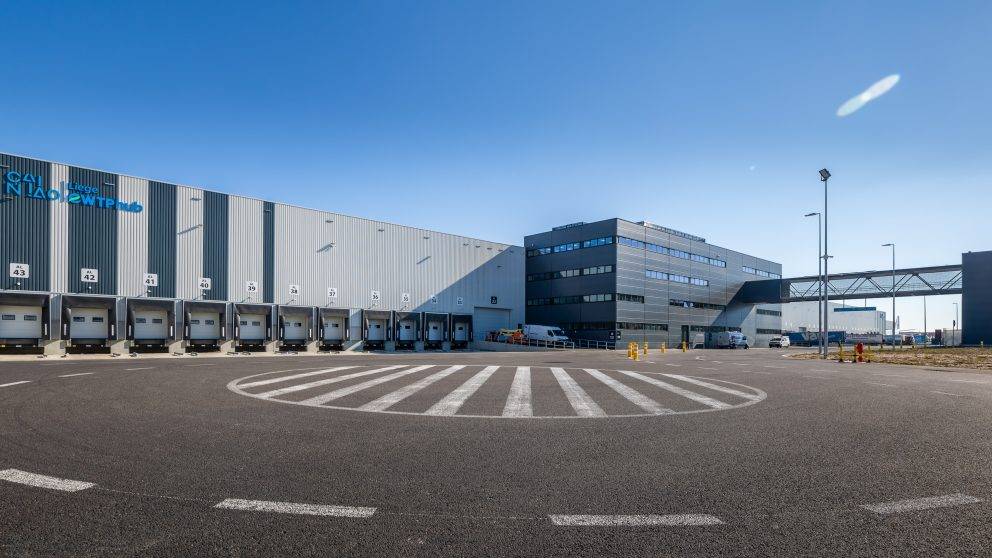


Eggs in Different Baskets
International brands rely on a diverse range of logistical solutions to guarantee that their products will reach Chinese consumers in time.
This year, Cainiao used over 400 cargo routes to ship goods from across the globe directly to China, from chartered flights and sea freights to railway expresses.
“Having backup plans, even domestically, has been quite important. Because you don’t know at any moment factories could be closed because of COVID policies and labor not being able to move in and out,” Yang told Alizila.
A2 launched 11.11 preparations in August and had 95% of its China-bound supplies across two local warehouses by mid-October. Each situated in a different province, the two sites could support each other in case of emergencies.
“There are lots of uncertainties. Consumers may stock up on more baby formulas if a lockdown prevails in their city. Two warehouses provide some assurance. If one gets closed, the other can be a backup,” said a2’s Lu.
Likewise, Cainiao prepared four million square meters of extra warehousing space in 20 Chinese cities.
Merchants could reserve a space seven days in advance if their current warehouse faced closure due to COVID-19 policies.

